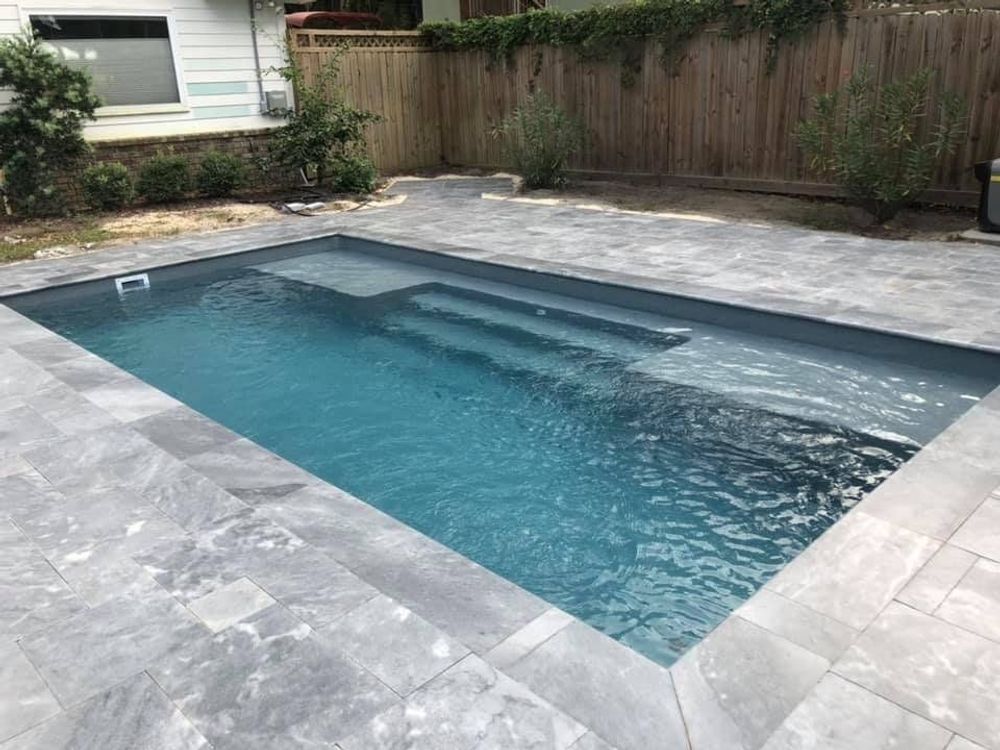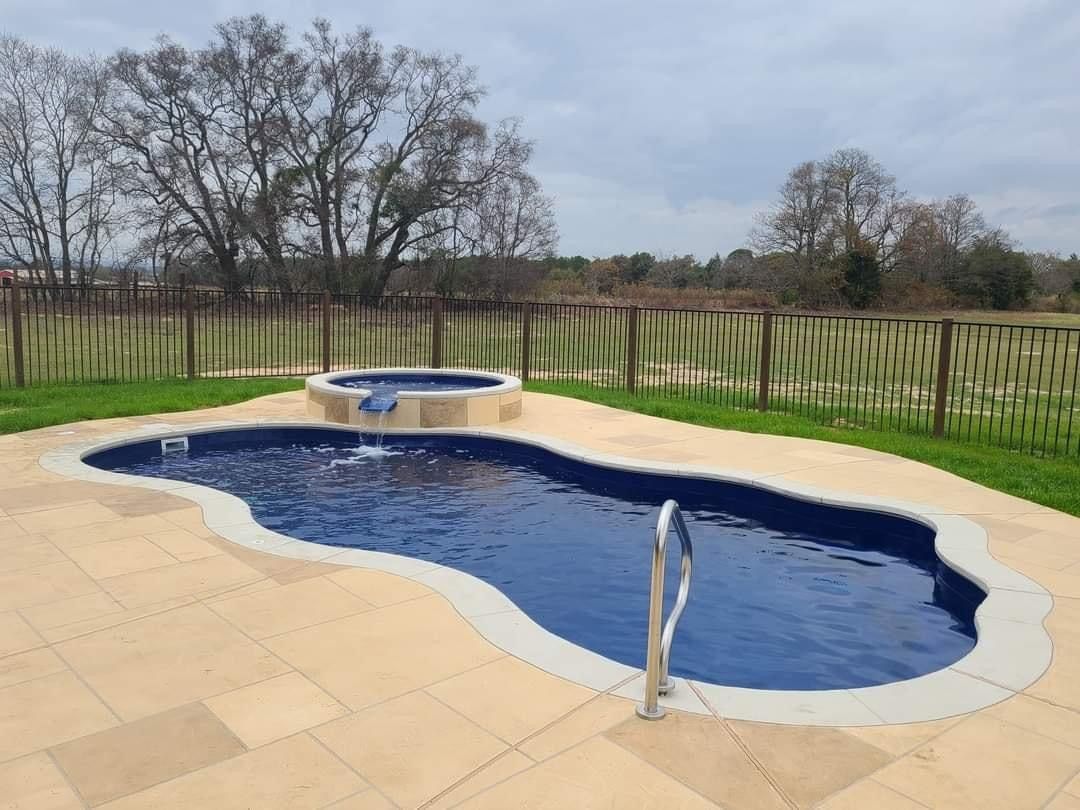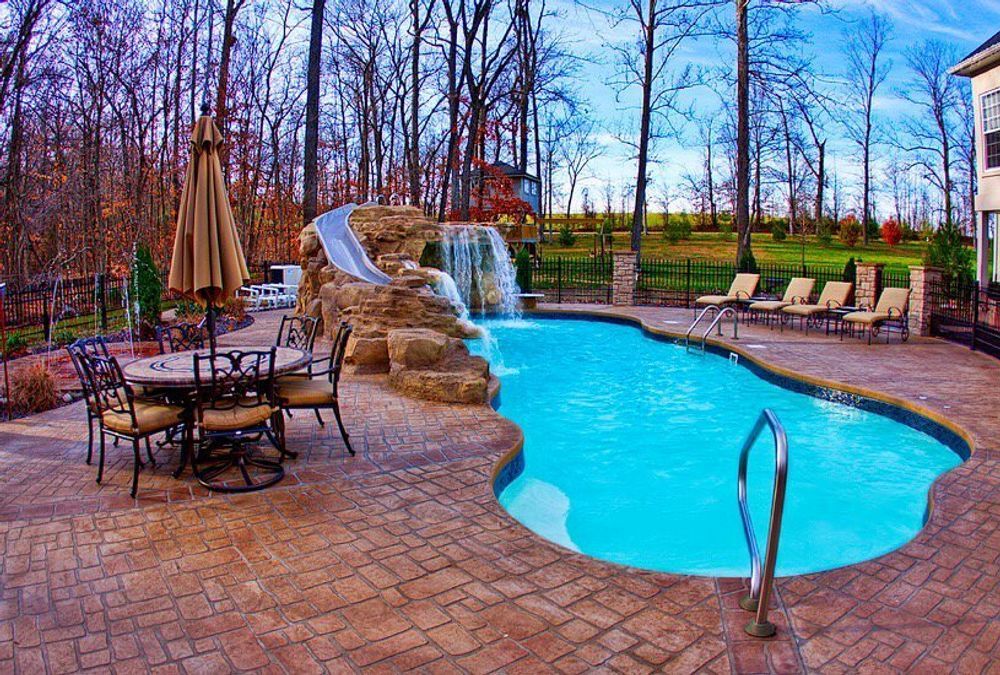Common Pool Problems and How to Fix Them
A backyard pool can be a refreshing escape during hot summer months, but even the most well-maintained pools can run into trouble. From murky water to malfunctioning equipment, various issues can disrupt your swim plans. The good news? Most common pool problems are preventable or easily fixable with some basic knowledge and timely action. Let’s dive into the most frequent pool challenges and how to handle them effectively.
1. Cloudy Water
Cloudy or dull-looking water is a sign that something's off with your pool chemistry or filtration. Typically, the problem lies in low chlorine levels, imbalanced pH, or poor circulation. Start by testing the water, cleaning the filter, and running the pump longer. You may also need to shock the pool to eliminate contaminants and restore clarity.
2. Algae Infestation
Algae can quickly take over your pool, especially if chlorine levels drop or water circulation weakens. Green, yellow, or black algae can be stubborn, but not unbeatable. Scrub all affected surfaces thoroughly, shock the water with a high chlorine dose, and use an algaecide if needed. Keep up with regular brushing and balanced water chemistry to prevent regrowth.
3. Weak or No Circulation
If you notice your pool water isn't moving like it should, the culprit could be a clogged skimmer basket, dirty filter, or an issue with the pump. Low circulation can lead to uneven chemical distribution and debris buildup. Clean out the skimmer and filter, inspect the pump for leaks or blockages, and ensure the system is running for at least 8–12 hours a day.
4. Imbalanced pH Levels
Maintaining a balanced pH is crucial for swimmer comfort and equipment longevity. Water that's too acidic or too alkaline can cause skin irritation, scale buildup, and damage to pool surfaces. Use a test kit to check levels, then adjust with a pH increaser or reducer. Aim to keep the pH between 7.2 and 7.6 for optimal water conditions.
5. Heater Problems
A pool heater that won’t kick on or fails to heat properly can stem from clogged filters, thermostat issues, or blocked gas lines. First, make sure your filtration system is clean and the pump is circulating water efficiently. Then, double-check your thermostat settings. If the heater still won’t function, it's best to call a professional for further inspection.
6. Surface Stains
Unpleasant stains can show up on pool walls and floors due to metal content or organic debris. Metal stains often appear blue-green or rust-colored, while organic stains look brown or green. Identify the cause before treating—metal stains may require a sequestering agent, while organic ones can be scrubbed and treated with chlorine. Regular cleaning and water testing help prevent stains from returning.
7. Strange Noises from the Pump
Your pool pump should run quietly in the background. If you hear screeching, grinding, or humming, it’s a warning sign. Worn bearings, blocked impellers, or air leaks are common causes. Check for visible debris or cracks, and don’t ignore persistent noises—timely repair can save you from costlier damage later on.
Don't let recurring pool problems keep you out of the water. With 40 years of experience, Athens Pool and Spa provides reliable, expert service to homeowners across Athens, Georgia. Whether you need regular maintenance or fast repairs, our team is ready to help. Contact us today and keep your pool running smoothly all season long!




